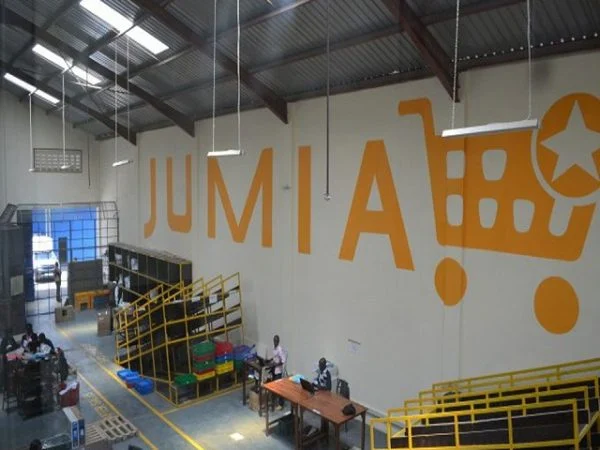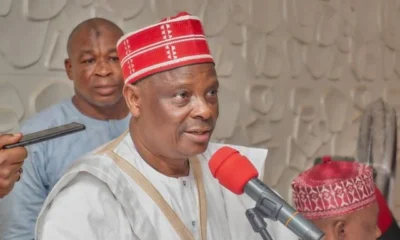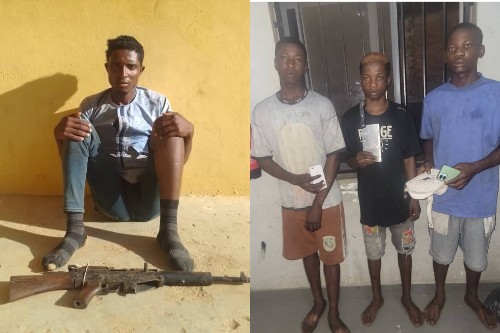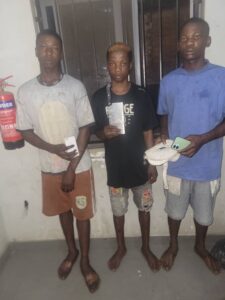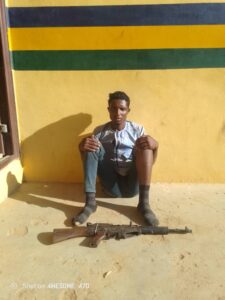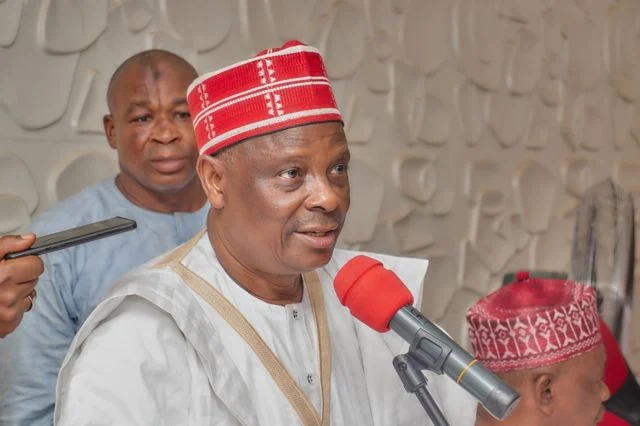BIG STORY
Jumia To Exit South Africa, Tunisia By Year End, Cites ‘Low Potential For Profitability’
-

 BIG STORY4 days ago
BIG STORY4 days agoDeji Ogunsakin Launches The Better Life Foundation, Donates Food And Cash Gifts To Widows In Ado-Ekiti
-

 BIG STORY4 days ago
BIG STORY4 days agoJUST IN: Oriyomi Hamzat, Queen Naomi, School Principal Remanded In Agodi Prison Over Ibadan Stampede
-

 BIG STORY5 days ago
BIG STORY5 days agoTinubu To Hold First Presidential Media Chat Tonight
-

 BIG STORY2 days ago
BIG STORY2 days agoAdron Homes Celebrates Christmas With Customers, Reaffirms Commitment To Bridging Nigeria’s Housing Deficit
-

 BIG STORY4 days ago
BIG STORY4 days agoTax Reforms Here To Stay, But I Don’t Mind Making Concessions — President Tinubu
-

 BIG STORY1 day ago
BIG STORY1 day agoChristmas Celebrations: Police Arrest 23 Suspected Armed Robbers, Hoodlums, Kidnapper, Recover Dangerous Weapons [PHOTOS]
-

 BIG STORY4 days ago
BIG STORY4 days agoNo Regrets Removing Subsidy, Tax Reform Will Go Ahead — President Tinubu
-

 BIG STORY4 days ago
BIG STORY4 days agoJUST IN: Dele Farotimi Finally Released After 21 Days In Detention





